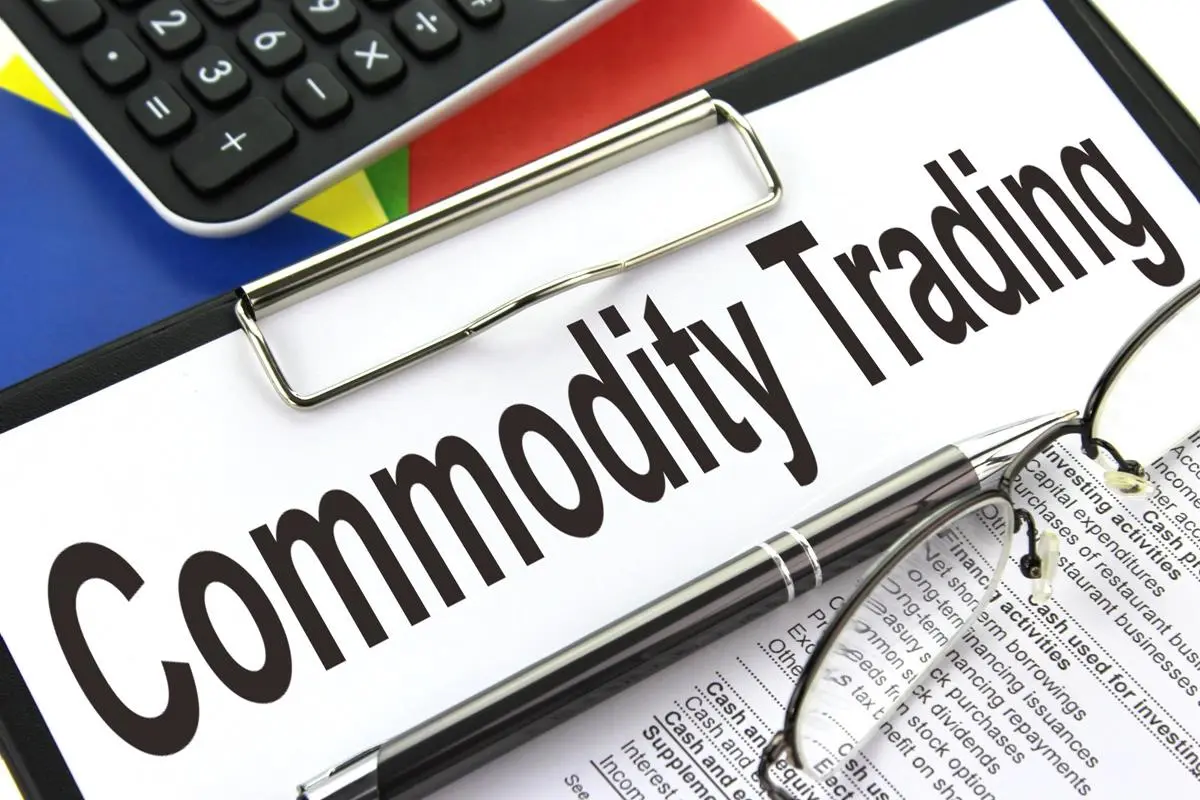Within the realm of finance, the concept of a “spot commodity” pertains to a commodity that is being transacted with the explicit purpose of expeditiously delivering it to the purchaser, either in the immediate present or within a short span of a few days. Spot commodities, as their nomenclature implies, refer to commodities that are actively traded on the spot market. Similarly, the price of a spot commodity is commonly referred to as its spot price.
In contrast, it is worth noting that the commodity futures contracts or futures markets for commodities involve the contractual obligation to deliver the underlying commodity at a specified future date.
How Spot Commodities Really Function
Spot commodities play a significant role within the realm of financial markets, serving as a crucial avenue for companies, traders, and intermediaries to swiftly acquire a diverse array of commodities. This expeditious procurement capability enables market participants to respond to market demands and capitalize on emerging opportunities promptly. In contemporary spot commodity markets, diverse commodities are actively traded.
These encompass energy commodities, notably oil, coal, and electricity, which play a pivotal role in powering various sectors of the global economy. Additionally, agricultural commodities, including corn, wheat, and soya beans, hold significant prominence due to their vital role in sustaining food production and supply chains.
Furthermore, metals such as gold, silver, and steel feature prominently in these markets, serving as essential components in various industries. It is worth noting that this list is incomplete, as numerous other commodities contribute to the dynamic landscape of spot commodity trading.
In the realm of spot commodities trading, it is commonly observed that two primary categories of purchasers emerge, namely commercial customers and speculators. For commercial clients, the commodities they procure are vital components integral to the smooth functioning of their business operations.
As an illustration, airlines, including Delta Airlines Inc. (DAL), necessitate a substantial volume of jet fuel to facilitate the seamless operation of their aircraft. Conversely, enterprises such as Starbucks Corp. (SBUX) rely heavily on copious amounts of coffee beans to sustain their coffee roasting and production lines. In contrast, speculators leverage the commodities market to capitalize on projected fluctuations in commodity prices without the intention of acquiring physical possession of the commodities they purchase.
In general, it is common for speculators to employ the spot market to effectively terminate a position they had previously initiated via the commodity futures market. As an illustration, an individual engaged in speculation may opt to conclude their coffee bean futures contracts by executing a sale of said contracts to a commercial buyer within the spot market after attaining the futures contract’s settlement date. A commodity futures contract’s valuation is contingent upon its underlying commodity’s valuation. Consequently, the price of a specific futures contract will exhibit a tendency to converge with the spot price of said commodity as the futures contract nears its settlement date.
An Actual-World Illustration of a Spot Commodity
Individuals engaged in commodity market activities frequently opt to utilize both the spot and futures market for commodities concurrently. Let us examine a hypothetical scenario involving an airline company that finds itself in the position of ensuring a stable and reliable supply of aviation fuel for the upcoming year.
In October 2020, the spot price of U.S. Gulf Coast kerosene-type jet fuel was slightly above $1 per gallon. In stark contrast, the commodity above exhibited a significantly lower price point of approximately $1.85 per gallon during October 2019.
Considering the prevailing prices, it is plausible for an airline company to find satisfaction in procuring its jet fuel through the spot market, wherein the company would acquire the fuel promptly after purchase, typically within a few days. In addition, it may be prudent to proactively consider acquiring jet fuel futures contracts to secure a favorable pricing arrangement for the forthcoming months. The valuation of futures contracts is influenced by both the current spot price of the underlying commodity and the projected trajectory of future spot prices.
Prices at the Spot Market, Futures Market, and Basis
The fundamental concept pertains to the disparity existing between the prevailing market value of a tangible asset that can be physically delivered, commonly referred to as the spot price, and the value of a contractual agreement for the purchase or sale of said asset at a future date, known as the futures contract, specifically pertaining to the earliest feasible date.
The basis concept holds significant relevance in commodities trading as it is a crucial metric for identifying optimal moments to engage in buying or selling activities about a given commodity. Traders make buying or selling decisions based on the relative strength or weakness of the basis.
The concept of basis holds significant importance for portfolio managers and traders due to its influence on the valuation of hedging contracts, which rely on the relationship between cash and futures prices. To illustrate the fundamental concept of futures contracts, let us consider a hypothetical scenario where the prevailing spot price for crude oil stands at $50 per barrel.
Concurrently, the futures price for crude oil, which entails the delivery of the commodity in a span of two months, is quoted at $54. The basis of the calculation is derived from the difference between $54 and $50, resulting in a value of $4.


